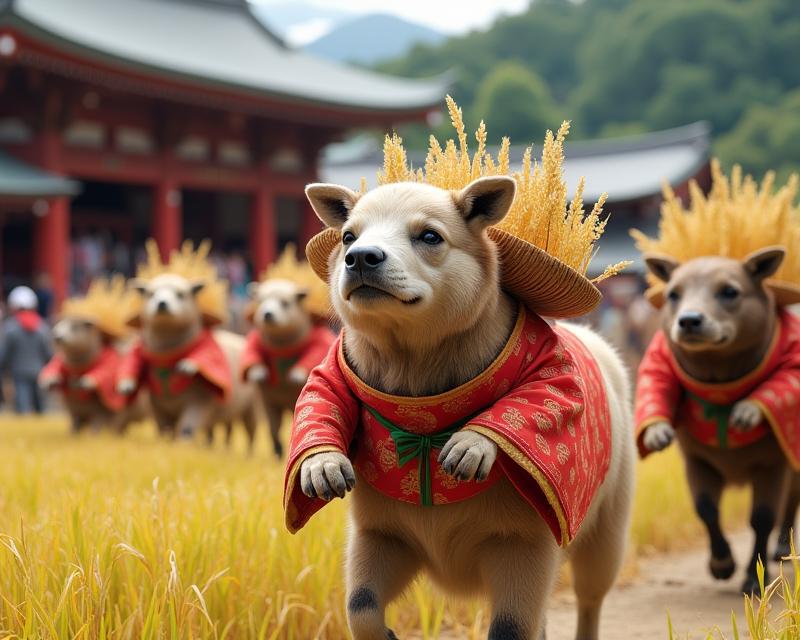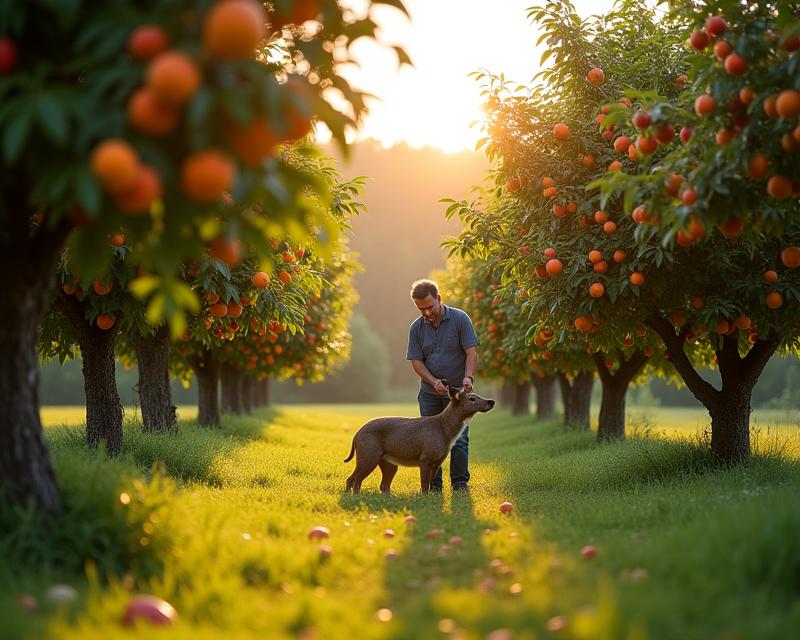Sacred Figs: Ancient Symbols of Life
Publish in Farm Life el 23/07/2025 16:36
Sacred Figs: Ancient Symbols of Life
Have you ever noticed how certain plants seem to hold a special significance? Beyond their practical uses, many cultures, including those rooted in farming and agriculture, have long revered specific plants as sacred. One such plant is the fig tree, deeply intertwined with Buddhist and Hindu traditions. Understanding these connections can offer a fascinating perspective on the enduring relationship between humanity and the natural world – a relationship that’s vital for all of us involved in growing food.

In both Buddhism and Hinduism, the fig tree, particularly the Banyan fig, holds immense spiritual importance. The most famous example is the Bodhi tree under which Siddhartha Gautama attained enlightenment, becoming the Buddha. This tree isn't just a historical landmark; it's a powerful symbol of awakening, wisdom, and the interconnectedness of all living things. The Bodhi tree represents the potential for growth and transformation that exists within us all, much like a healthy crop represents the culmination of careful cultivation.
The reverence for the fig extends beyond Buddhism. In Hinduism, the fig tree is associated with fertility, abundance, and longevity. It’s often linked to deities and considered a sacred space for meditation and prayer. The fig's ability to provide sustenance – fruit, shelter, and shade – makes it a natural symbol of life's bounty. Think about it: a thriving fig tree is a testament to a healthy ecosystem, a resilient plant that provides for countless creatures. This resonates deeply with the principles of sustainable farming, where we strive to cultivate land that can provide for generations to come.
These traditions remind us that plants are more than just resources; they are living entities with inherent value. As farmers and gardeners, we are stewards of these plants, responsible for their well-being and the health of the environment they inhabit. By appreciating the spiritual significance of plants, we can cultivate a deeper respect for the land and a more holistic approach to our work. Consider incorporating native plants, including fruit trees like figs, into your landscapes. Not only will this enhance biodiversity, but it can also connect you to a rich cultural heritage and a profound understanding of the life cycle. It’s a reminder that the earth provides, and we have a responsibility to care for it in return. Perhaps planting a fig tree on your farm isn't just about future harvests, but about cultivating a connection to something truly sacred.





